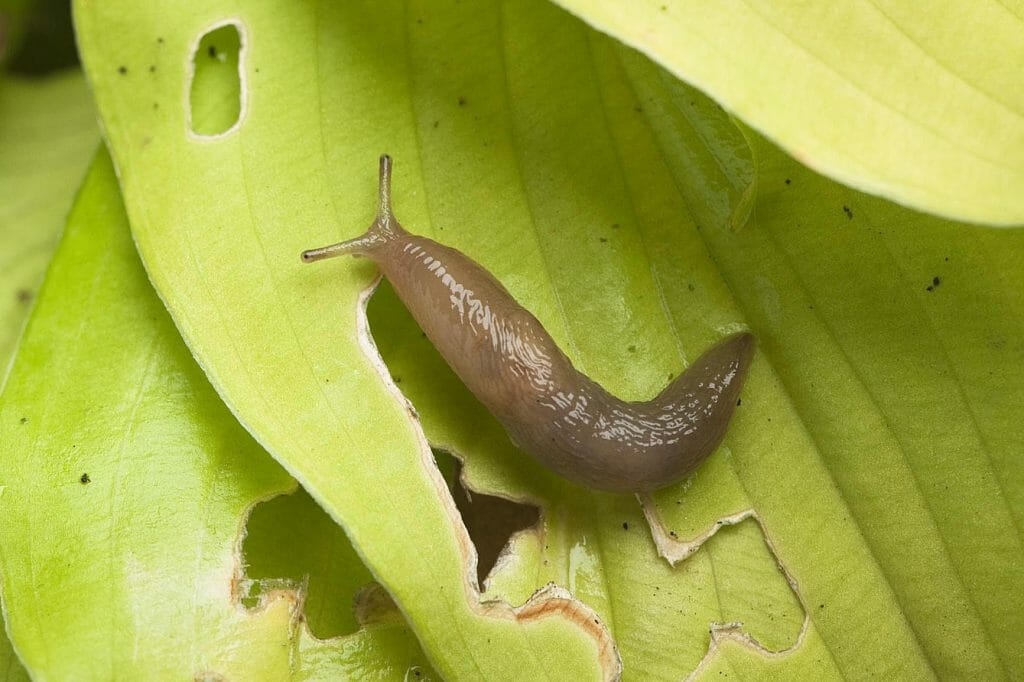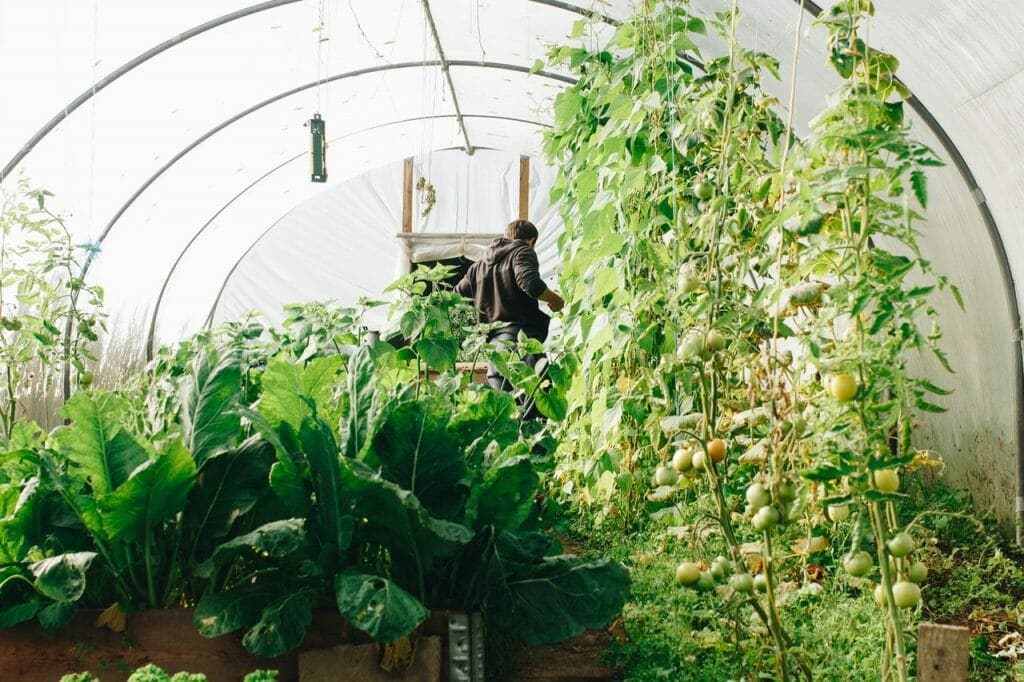Written by Marie Iannotti and published on https://www.thespruce.com/
When you see holes in your tomatoes and torn leaves on your petunias, it’s hard to believe slugs could ever be beneficial. But these garden pests build soil as they eat organic matter, and they’re an important food for hungry birds. Still, nobody wants slimy trails and damaged plants. It’s possible to get rid of the slugs in your garden and, if you’re diligent, prevent them from coming back.
How to Control Slugs in the Garden
:max_bytes(150000):strip_icc():format(webp)/garden-slug-WL001712-5b1c2baa3418c60036b9600b.jpg)
Slugs can be a gardener’s nightmare. They hide under leaves in the moist pockets of your garden and will eat almost anything they come in contact with. Garden slugs are especially damaging to vegetable and berry crops because they eat both the leaves and the fruit. Plus, damage can happen before you even know there’s an infestation, though chewed leaves and slimy trails are telltale signs. To rid a garden of these pesky critters, some gardeners turn to homemade solutions while others use commercial treatments for more serious infestations.
What You’ll Need
Equipment / Tools
- Gardening gloves
- Spray bottle
- Granular garden spreader
- Dust mask
Materials
- Salt
- Water
- Bottle of beer
- Diatomaceous earth
- Organic commercial slug bait
Instructions
Controlling Slugs Using Salt
Home gardeners try all sorts of unusual remedies to rid their gardens of slugs. But this salt method often works the best.
- Mix SolutionMix a strong solution of salt and water in a spray bottle. You don’t have to be precise about measuring the salt, as long as it’s still discernible in the water.
- SprayPut on your gardening gloves, and spray the slugs at nightfall. The salt solution will dehydrate the slugs within hours.
- Wash Residual Salt SprayCome morning, wash any residual salt spray from your plants to prevent damage.
Controlling Slugs Using Beer
Some gardeners also use a bottle (or more) of beer to attract slugs. This functions as a homemade trap and takes a few days to work.
- Open BeerOpen the beer, and drink or pour out most of the contents. Leave just enough, so you can lay the bottles on their side and beer won’t spill out.
- Place Bottles Around the GardenPlace the bottles in various locations around your garden during the day. Lay each bottle on its side, and press it into the ground so the opening lies flush with ground level.At nightfall, slugs should start entering the bottles because they’re attracted to the beer. Once inside, they will drown.
- Leave the BottlesLeave the bottles in place for several nights. When they are full of slugs, remove them from the garden, empty them, and discard them in the recycling. Replace with new bottles if further treatment is necessary.
Controlling Slugs Using Diatomaceous Earth
Some gardeners swear by diatomaceous earth for pest control. Diatomaceous earth is made of the fossilized remains (silica) of small aquatic organisms called diatoms. Critters ingest the silica, causing them to dry up from the inside. Yet it is nontoxic to humans and pets.
- Pick a Dry DayCheck the weather, and wait for a dry day to treat your garden. Make sure there’s no rain in the forecast for at least 24 hours.
- Sprinkle Diatomaceous EarthPut on your gardening gloves and a dust mask, and sprinkle the diatomaceous earth in various spots throughout your garden. Take care not to sprinkle it on the leaves of the plants.
- WaitWait several days for the slugs to ingest the diatomaceous earth. Repeat the process on another dry day if necessary.
Controlling Slugs Using Organic Slug Bait
Commercial slug control products should be used only for major infestations. Some traditional formulas can be extremely toxic to pets (and humans). Organic products are typically safer to use.
- Purchase Slug BaitPurchase organic slug bait at your local garden center. Many products are made of iron phosphate, which is toxic to slugs but much less dangerous for humans and pets.Check the weather. Make sure to treat on a dry day for best results.
- Fill Garden Spreader With Granules and Start TreatingAround dusk, put on your gardening gloves, and fill your garden spreader with the granules. Follow the product’s instructions to determine the right amount for the area you’re treating.
- WaitWait for the slugs to feed on the product at night when they go underground. They will die upon consumption.
When to Control Garden Slugs
Slugs in the garden can be treated at any time during the growing season. However, sometimes it’s hard to know they are even there. They camouflage against the brown soil and hide out in damp, dark places during the day.
Look for holes and ragged, irregular edges on your plants’ leaves. Also, check for bites taken out of fruit. Suspect slugs if you see a slimy secretion on plants and the surrounding soil or if you spot little white eggs in the ground. As soon as you’ve identified slugs in your garden, start treatment.
Tips for Controlling Garden Slugs
In addition to the above methods, you can use birds and other animals to naturally control slugs. Backyard chicken farmers can let their birds roam free to eat slugs and other pests that accumulate in the garden. You can even train your chickens to eat slugs by tossing some inside their run.
Chipmunks also feed on slugs. So if you have them around, leave them alone as long as they’re not disturbing your garden vegetables.
Finally, copper wire, mesh, ribbon, or tubing is also effective on slugs, as it delivers an electric charge to the creatures. Place it around planters and pots or in perennial beds to control slugs in areas that are rarely disturbed by digging or harvesting during the growing season.
Original post here https://www.thespruce.com/slug-control-in-garden-1402502/.



